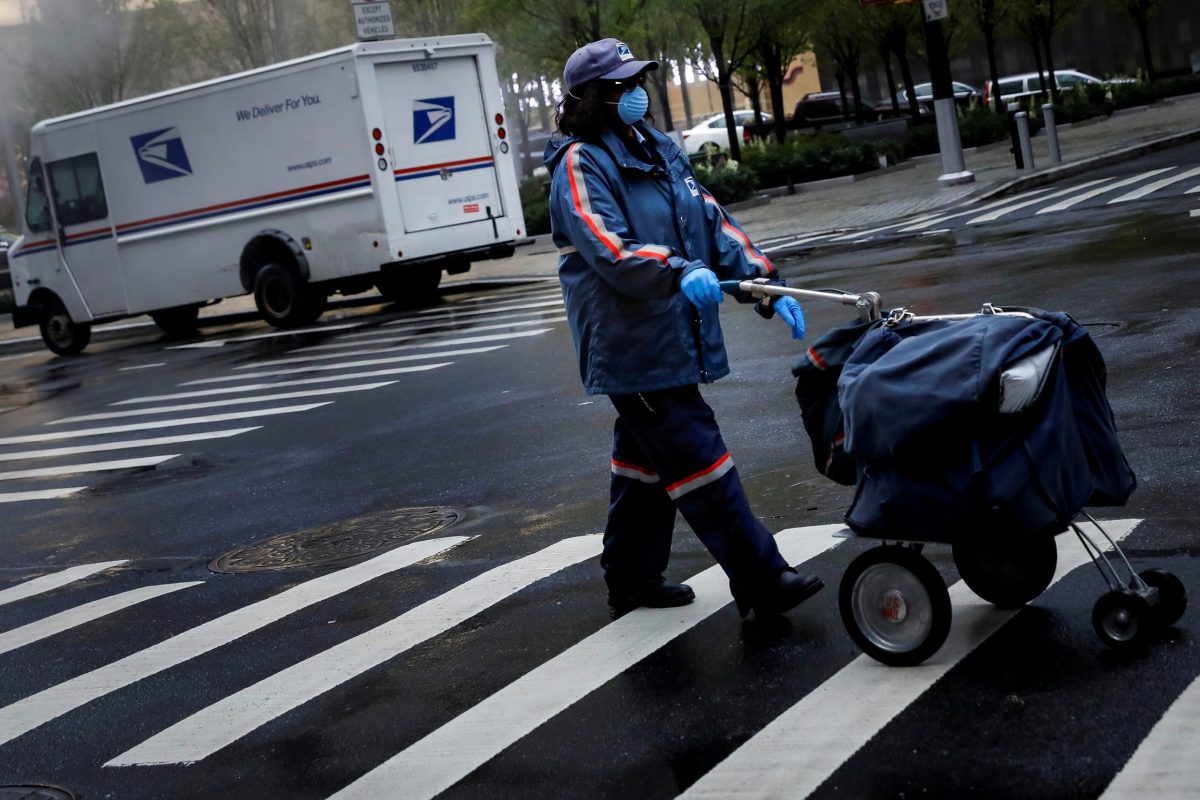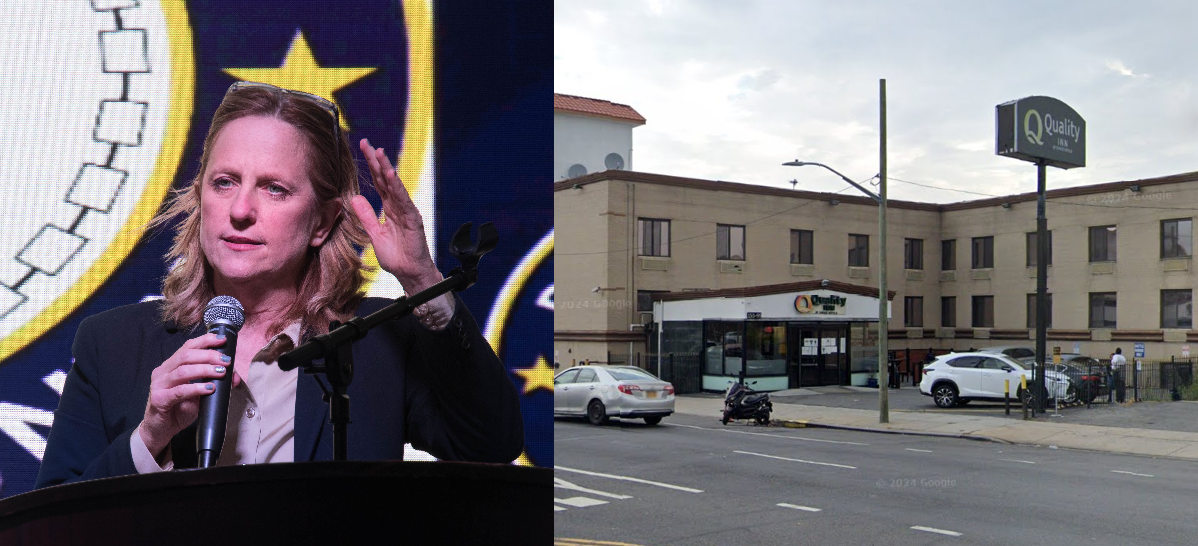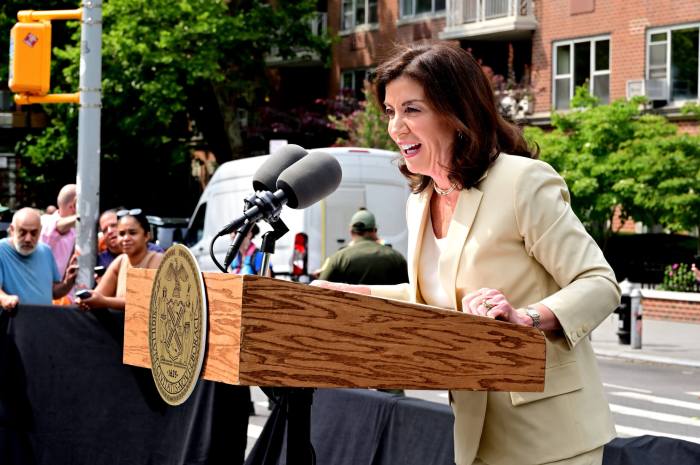On the same day that a bombshell report dropped on President Trump’s tax history, a federal judge ordered the Trump administration on Sunday to stop further cuts to the U.S. Postal Service ahead of the 2020 election.
Judge Emmet G. Sullivan, assigned to the U.S. District Court of the District of Columbia, handed down the injunction as a result of a lawsuit New York state Attorney General Letitia James and other states filed against the Trump administration, including Postmaster General Louis DeJoy, in August.
The suit stemmed from massive cutbacks made at the USPS which caused nationwide service delays ahead of the 2020 presidential election in which mail-in ballots will be used more than ever due to the COVID-19 pandemic.
James and her co-plaintiffs in the case — the attorneys general of Hawaii and New Jersey, the City of New York, and the City of San Francisco — argued that the Trump regimes true intentions behind the USPS cutbacks were not to cut costs at the financially beleaguered government agency, but rather to undermine the election by slowing the delivery of mail-in ballots.
“Voting is a fundamental right in our democracy, and we will vigorously and relentlessly protect that right,” James said in a statement Monday. “We will not stop doing everything in our power to uphold the rule of law and to protect our democracy, ensuring that all eligible voters who wish to cast a ballot in November can do so.”
The cutbacks, according to Judge Sullivan’s ruling, threatened not only the integrity of the election but also public safety. James and the co-plaintiffs argued that the current slowdown caused “life-threatening impacts on veterans and seniors who are not receiving medication as well as economic impacts on individuals waiting for pension checks and paychecks.”
Sullivan agreed, further arguing that the USPS also failed to comply with a mandate to present its service reduction plan to the Postal Regulatory Commission before enacting it.
“While it is clear that Congress did not intend for the courts to micromanage the operations of the USPS, requiring the USPS to comply with the statutory requirement that it obtain an advisory opinion from the PRC … is not micro-managing; it is requiring the USPS to act within its statutory authority,” Sullivan wrote in his ruling.
He further charged that the USPS ignored federal law requirements for “public participation and for independent review” before implementing service changes that have a large-scale effect.
“It is clearly in the public interest to mitigate the spread of COVID-19, to ensure safe alternatives to in-person voting and to require that the USPS comply with the law,” Sullivan wrote in his concluding statement.
The preliminary injunction prohibits Trump, DeJoy and USPS from “continuing to implement the Postal Service Policies with respect to which an advisory opinion from the PRC should have been obtained prior to implementation.”




































